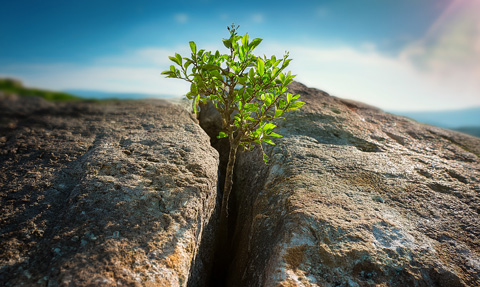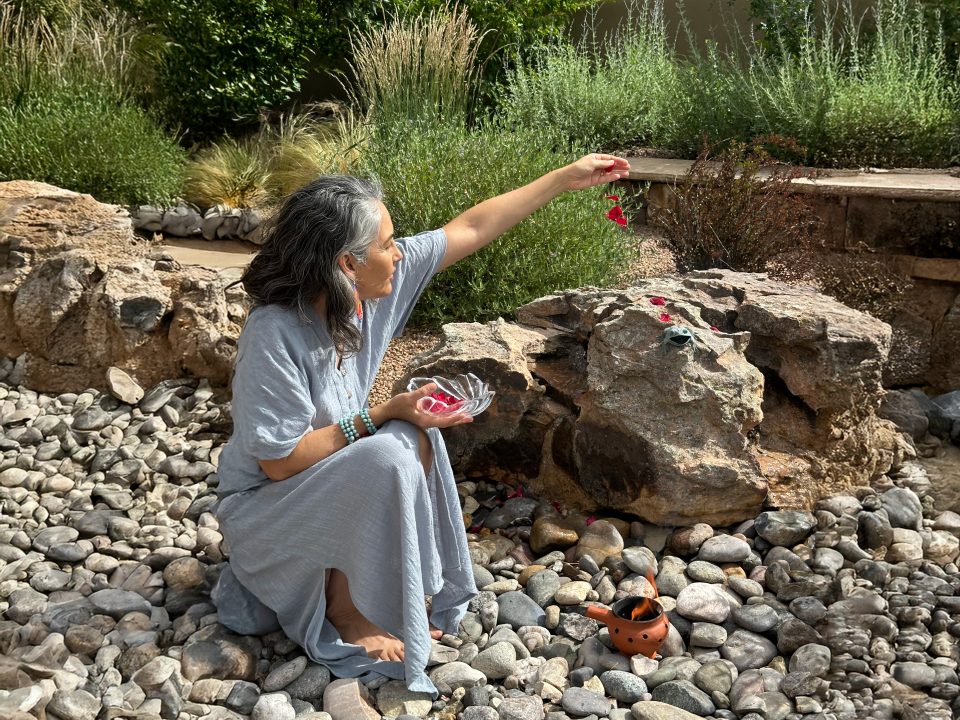
Lived Wisdom ~ Building an Altar and Resting to Remember
July 9, 2025
Spiritual Narcissism
September 5, 2025Enantiodromia: When the Pendulum Swings to the Other Side

There are moments in life when what once sustained us begins to undo us. A virtue becomes a vice, ambition becomes exhaustion, devotion turns into self-betrayal. The ancient Greeks, guided by the wisdom of Heraclitus, named this principle enantiodromia—the tendency of things to turn into their opposites. Carl Jung would later adopt this term to describe one of the most profound dynamics within the human psyche: the unconscious drive toward balance and wholeness.
In Jungian psychology, enantiodromia refers to the inevitable reversal that occurs when a conscious attitude is pushed to an extreme. The psyche, like nature, seeks balance. When one quality dominates—be it control, purity, rationality, or even affection—the neglected opposite gathers in the shadows. It waits, often silently, until the moment it can no longer be denied. Then, it emerges—sometimes as illness, breakdown, or a sudden shift in character—not to punish us, but to restore the lost center.
A wise friend once told me, “The people that I least trust are those who present themselves as pious; you never know when their repressed instincts are going to come out.” And we know this to be true. There are countless examples of revered gurus, priests, or spiritual leaders who, after years of preaching virtue and restraint, are exposed in scandals that reveal the very shadow they claimed to have transcended.
When a person is trying to be spiritual and enlightened, by repressing their instincts and sexuality, they can end up haunted by erotic dreams and unexplained anger. They wonder what’s wrong with them, but nothing is wrong. It’s just that their repressed shadow has returned to restore their lost balance.
Another common example comes from people who have spent decades as the ever-reliable caretaker, denying their own needs for the sake of others, until suddenly they find themselves weeping uncontrollably and unable to get out of bed. They may call it burnout, or depression, but more often than not, it is their soul’s quiet rebellion. It is time to reclaim their own life.
Jung wrote, “The greater the tension, the greater the potential. Great energy springs from a corresponding great tension of opposites.” Accordingly, Enantiodromia is not a punishment, but an invitation: to hold both sides of the psyche without collapsing into one or the other. The swing of the pendulum into the opposite is the beginning of a more integrated life.
In a world that values consistency, enantiodromia feels disruptive. But it is through this sacred turning that we become real. In my own life, I came to see how obsessively I clung to keeping my home and retreat center in Chile in perfect order—so much so that it bordered on neurosis. Only later, through the lens of enantiodromia, did I recognize that this compulsive outer order was a way to cope with my inner chaos and uncertainty.
How about you? Where in your life has the pendulum swung to the extreme of running the show and what has been the opposite side that wanted your attention and integration?





5 Comments
Yes! Thank you so much Marcela for this thoughtful reflection of truth. I can totally relate to the obsessive need to keep cleanliness and order in one’s home!
Indeed. So much so that I took the opportunity and sold Bonita Domes in 2020. The pendulum is now almost back to center after five years.
Gracias de corazón Marcela. He puesto palabras distintas con tu blog, al proceso que trataron en mí psicólogos y psiquiatras, y que después me sirve en el presente, para entender a otras personas y ayudarlas como técnico en psiquiatría. La formación con vosotros en medicina chamánica y vuestro soporte continuo, me ayudan a ello y os lo agradezco personal y profesionalmente,
Nice to hear from you Lisa! I wonder where you are these days…
Gracias Carmen!! Un gran abrazo!